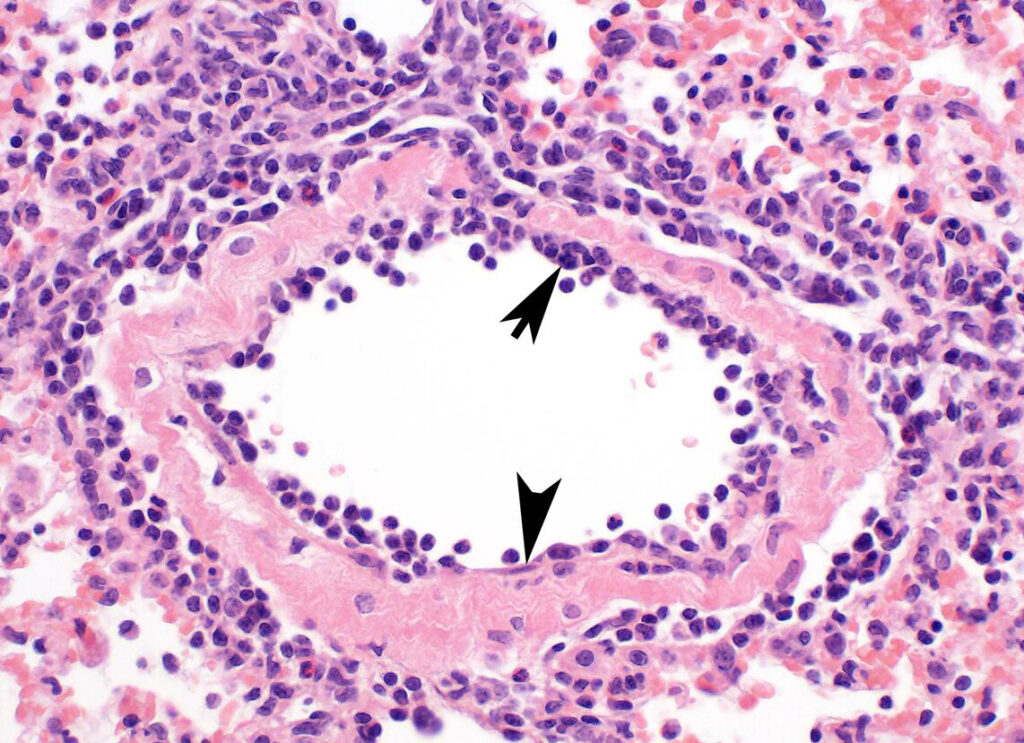
What is N-Acetyl Cysteine (NAC)?
N-Acetyl Cysteine (NAC) is a modified form of the amino acid cysteine, which is found in dietary protein sources such as meat, poultry, eggs, and dairy products. To a lesser extent, you can also get NAC from plant-based sources such as garlic, onions, broccoli, red pepper, and oats. It is an essential building block of protein that plays important roles in various biological processes.
The body cannot produce NAC directly, and it can be difficult to get enough cysteine from food alone to meet the body’s needs for NAC production. For these reasons, NAC supplements are often recommended to provide a convenient and reliable source of NAC to meet those needs. They can be easily purchased over-the-counter, online or through a healthcare provider.
The potential health benefits of NAC have been studied for several decades, and research into its therapeutic uses dates back to the 1960s. Since then, a large body of research has emerged on the potential benefits of NAC supplements, particularly as an antioxidant and anti-inflammatory agent. Its potential to support liver function, improve respiratory health, and manage addiction has also been an area of focus. While more research is still needed to fully understand the mechanisms and benefits of NAC, it has shown promise as a safe and versatile supplement with a wide range of potential therapeutic uses.
One of the main benefits of NAC is its ability to boost glutathione levels in the body. Glutathione is a powerful antioxidant that helps protect cells from oxidative damage caused by free radicals. NAC is a precursor to glutathione, meaning it helps the body produce more of this important antioxidant.
Common uses of NAC supplements include supporting respiratory health in individuals with chronic obstructive pulmonary disease (COPD), reducing symptoms of bronchitis, and improving lung function in people with cystic fibrosis. Additionally, NAC has been studied for its potential benefits in managing addiction, to help reduce cravings and withdrawal symptoms associated with drug and alcohol use.

Here is a compiled list of the most common uses of NAC supplements:
- Antioxidant Properties: NAC is a potent antioxidant that can help protect cells from damage caused by free radicals. It may help reduce oxidative stress and inflammation, which can contribute to the development of chronic diseases such as cancer, heart disease, and neurodegenerative disorders.
- Liver Health: NAC has been shown to have protective effects on liver function. It can help prevent liver damage caused by alcohol, drugs, acetaminophen and other toxins. NAC may also be helpful in treating addiction liver diseases such as non-alcoholic fatty liver disease (NAFLD) and hepatitis C.
- Addiction Management: NAC has been used in managing addiction to drugs and alcohol by alleviating cravings and withdrawal symptoms.
- Mental Health: NAC may have beneficial effects on mental health. It has been studied as a potential treatment for conditions such as depression, anxiety, and obsessive-compulsive disorder (OCD). NAC may also help reduce symptoms of schizophrenia and bipolar disorder.
- Respiratory Health: NAC can help thin mucus in the airways, making it easier to clear and reducing the risk of infection. It has been used to treat conditions such as chronic bronchitis, asthma, and cystic fibrosis.
- Cardiovascular Health: NAC may have beneficial effects on cardiovascular health. It can help reduce inflammation and oxidative stress, which can contribute to the development of heart disease. NAC may also help improve blood flow and reduce blood pressure.
- Immune Health: By increasing glutathione levels, NAC may help promote a balanced immune response that is both effective and appropriate. Glutathione helps regulate the immune response by influencing the activity of immune cells such as T cells and macrophages. Glutathione also plays a role in vaccine response by enhancing the production of antibodies. By increasing glutathione levels, NAC may help improve the effectiveness of vaccines and boost immunity to infectious diseases.
It’s important to note that while NAC supplements have been shown to have potential health benefits, they should not be used as a substitute for medical treatment. And while NAC supplements are generally considered safe when taken at recommended dosages, individuals should always talk to their healthcare provider before starting any new supplement or treatment. Side effects may include nausea, vomiting, diarrhea, and headache, particularly at high doses. NAC may also interact with certain medications, such as nitroglycerin, and should not be taken by individuals with a history of bleeding disorders or asthma.
The clinically effective dose of N-Acetyl Cysteine (NAC) supplement can vary depending on the specific condition being treated. However, in general, the recommended dosage for NAC supplementation ranges from 600 mg to 2400 mg per day, divided into two to three doses.
Consider Inflam-Immune 750 for a functional daily dose of NAC (750mg per serving).
Download Inflam-Immune 750 flyer (pdf) for a one-page summary of this BioSpec formula, and the science behind it. This free resource is intended for educational use. It can be used as a patient-practitioner engagement tool, to help prompt discussion about nutritional intervention.


